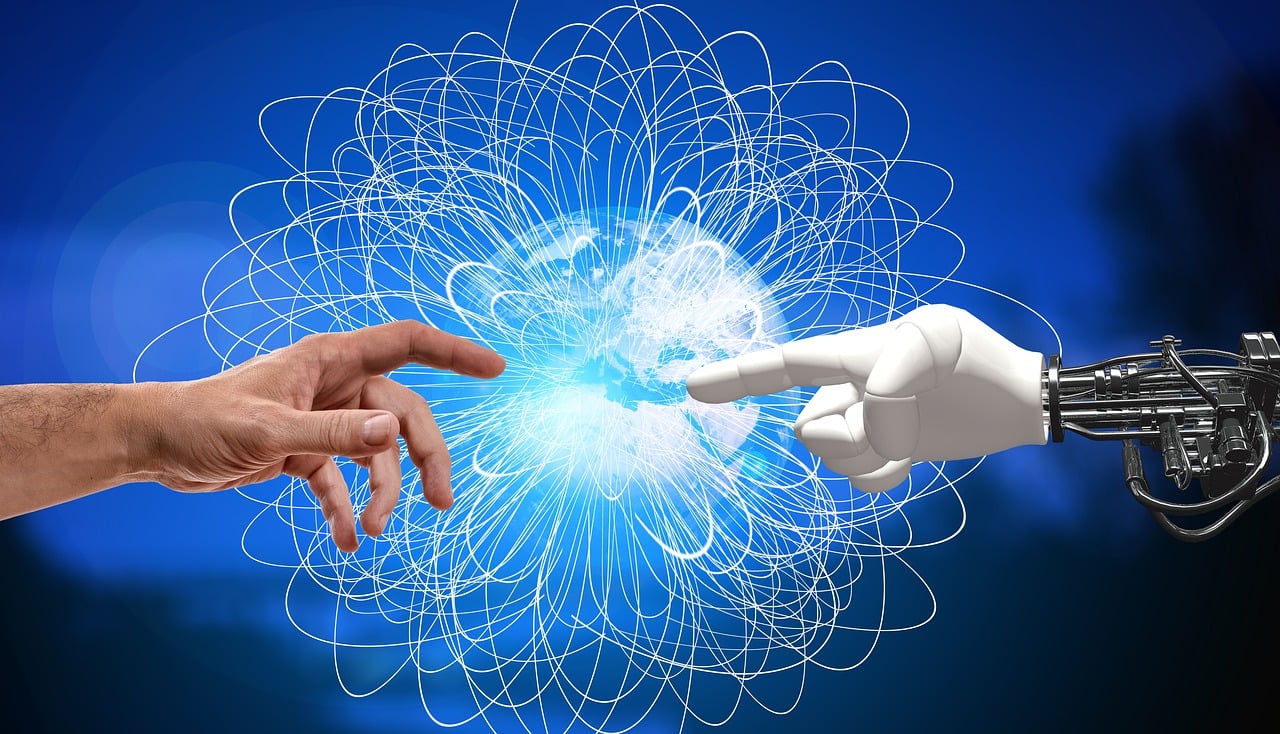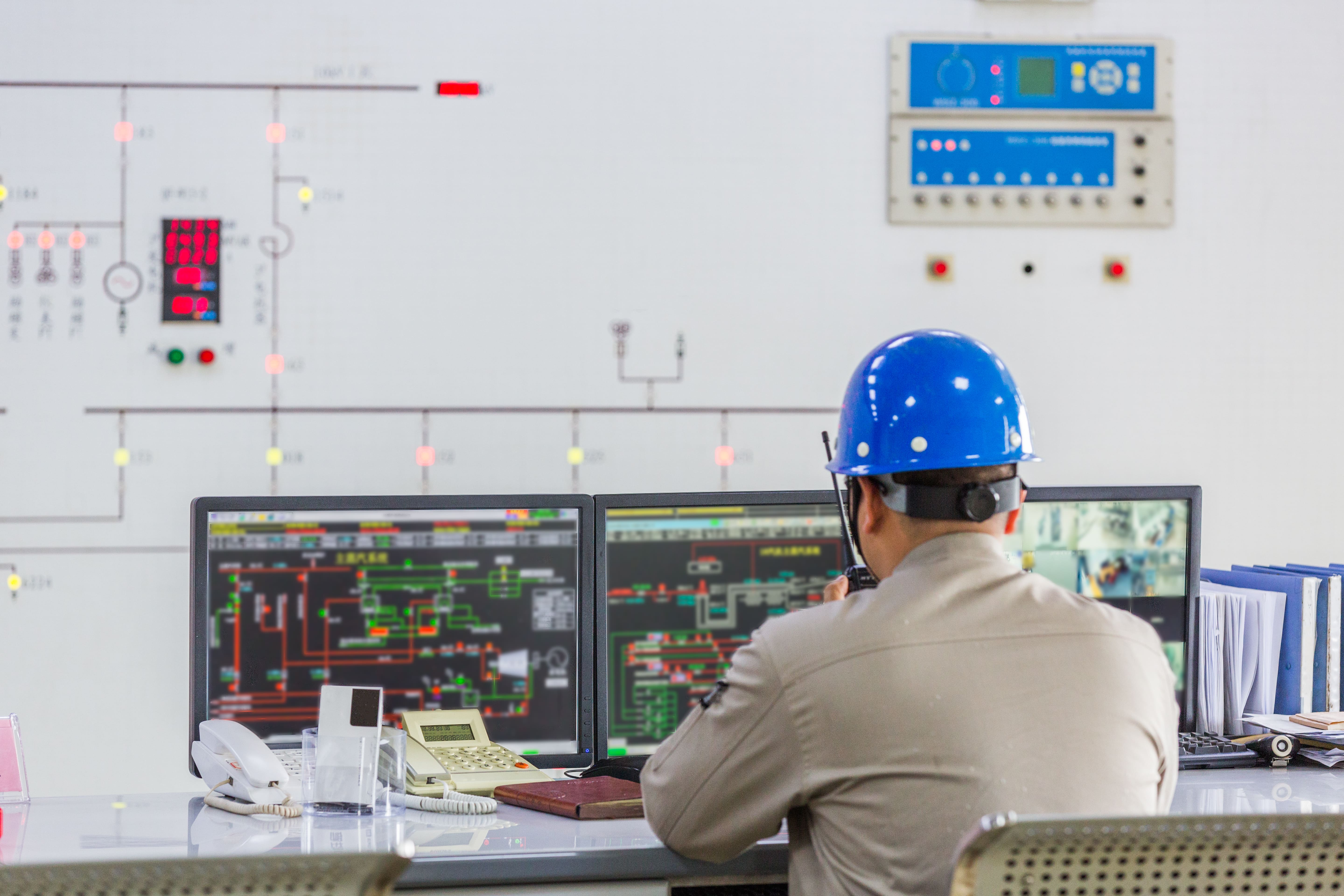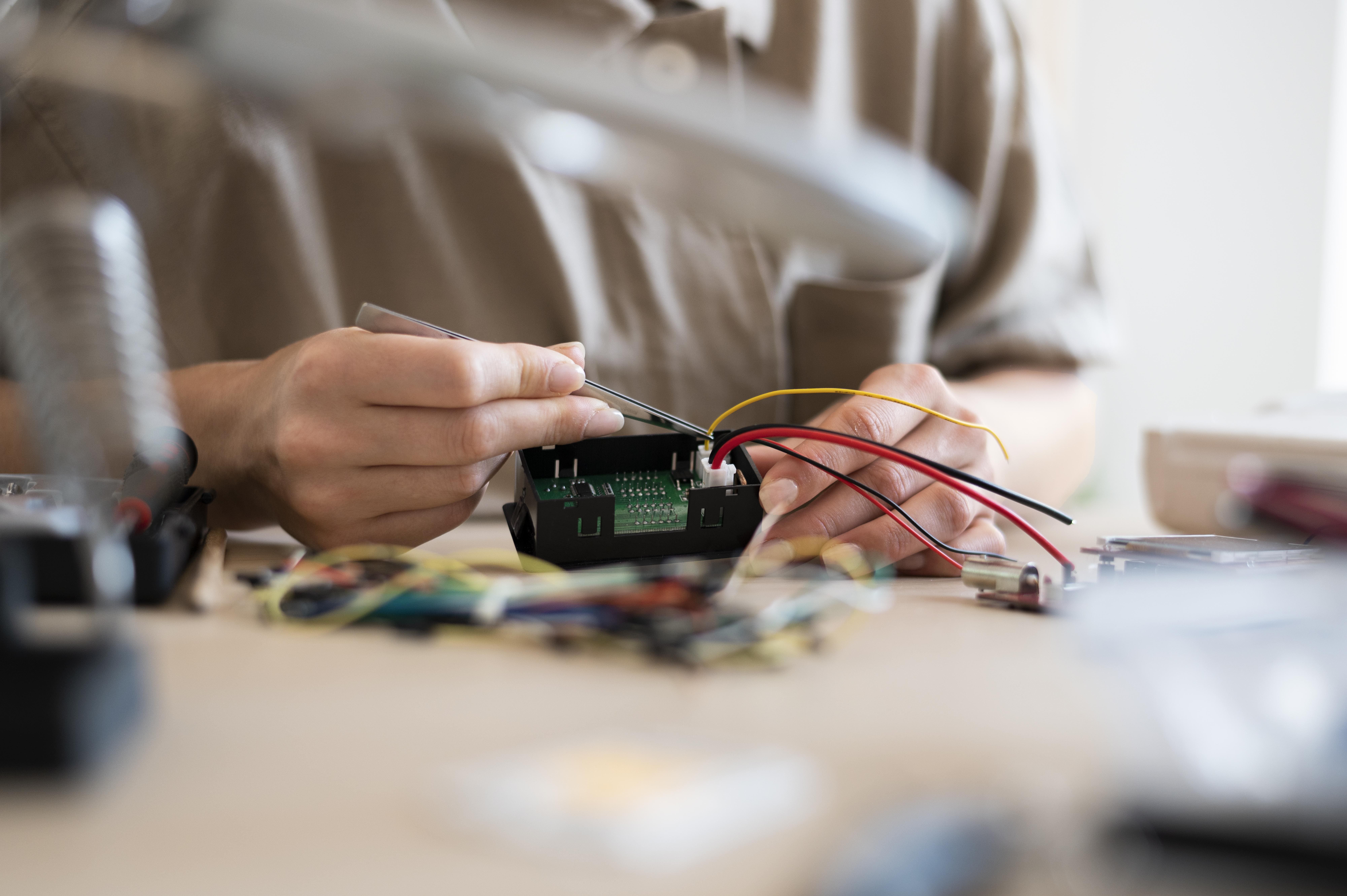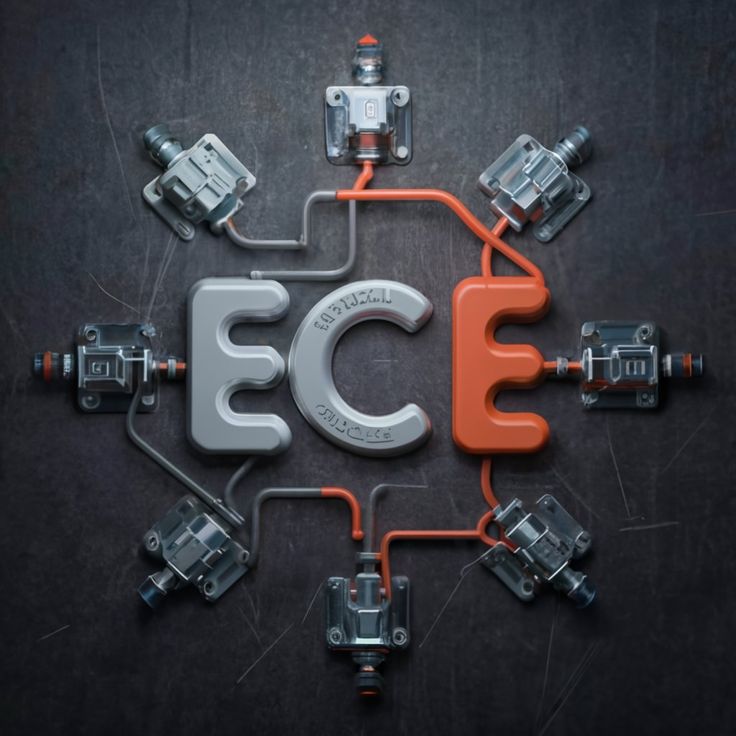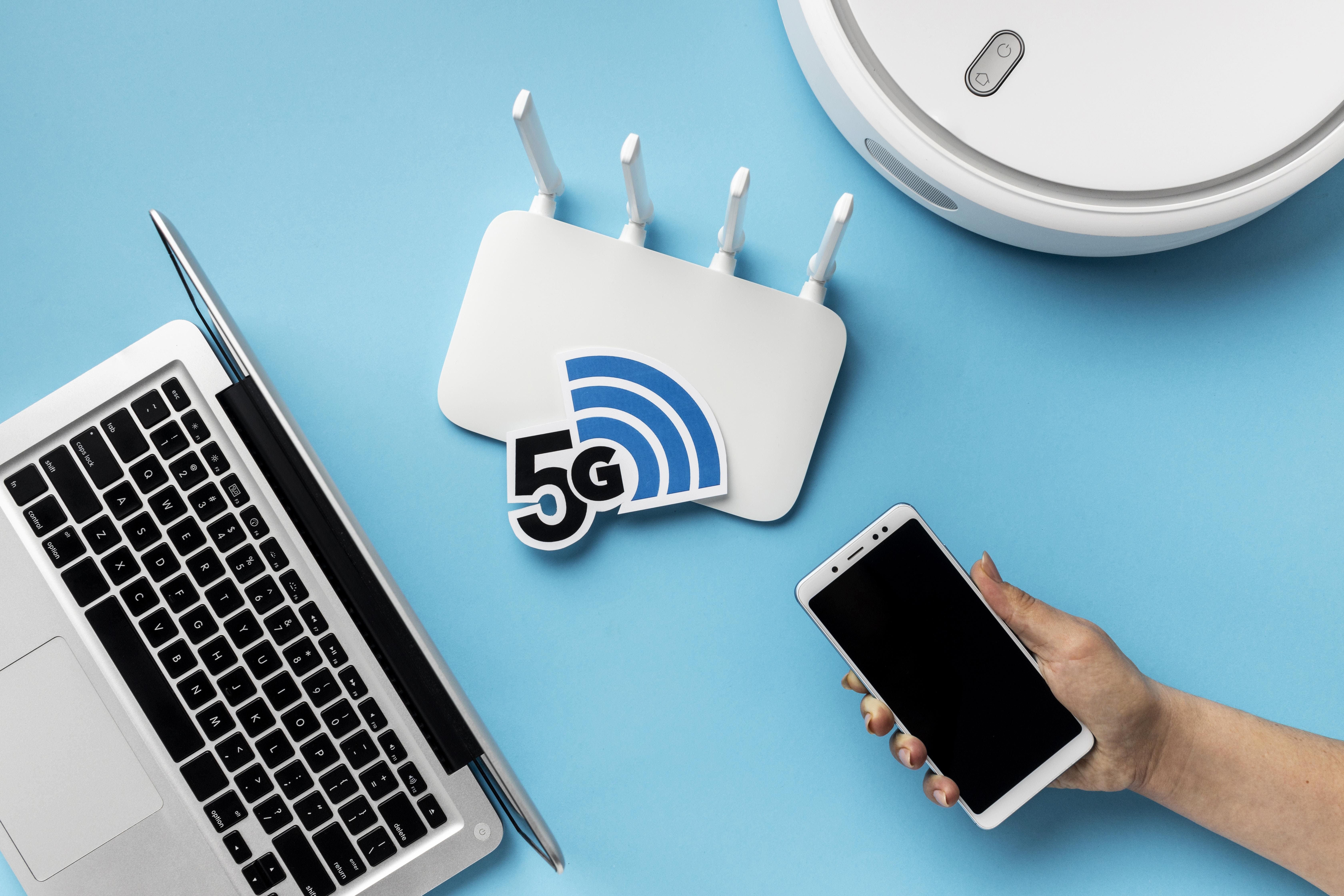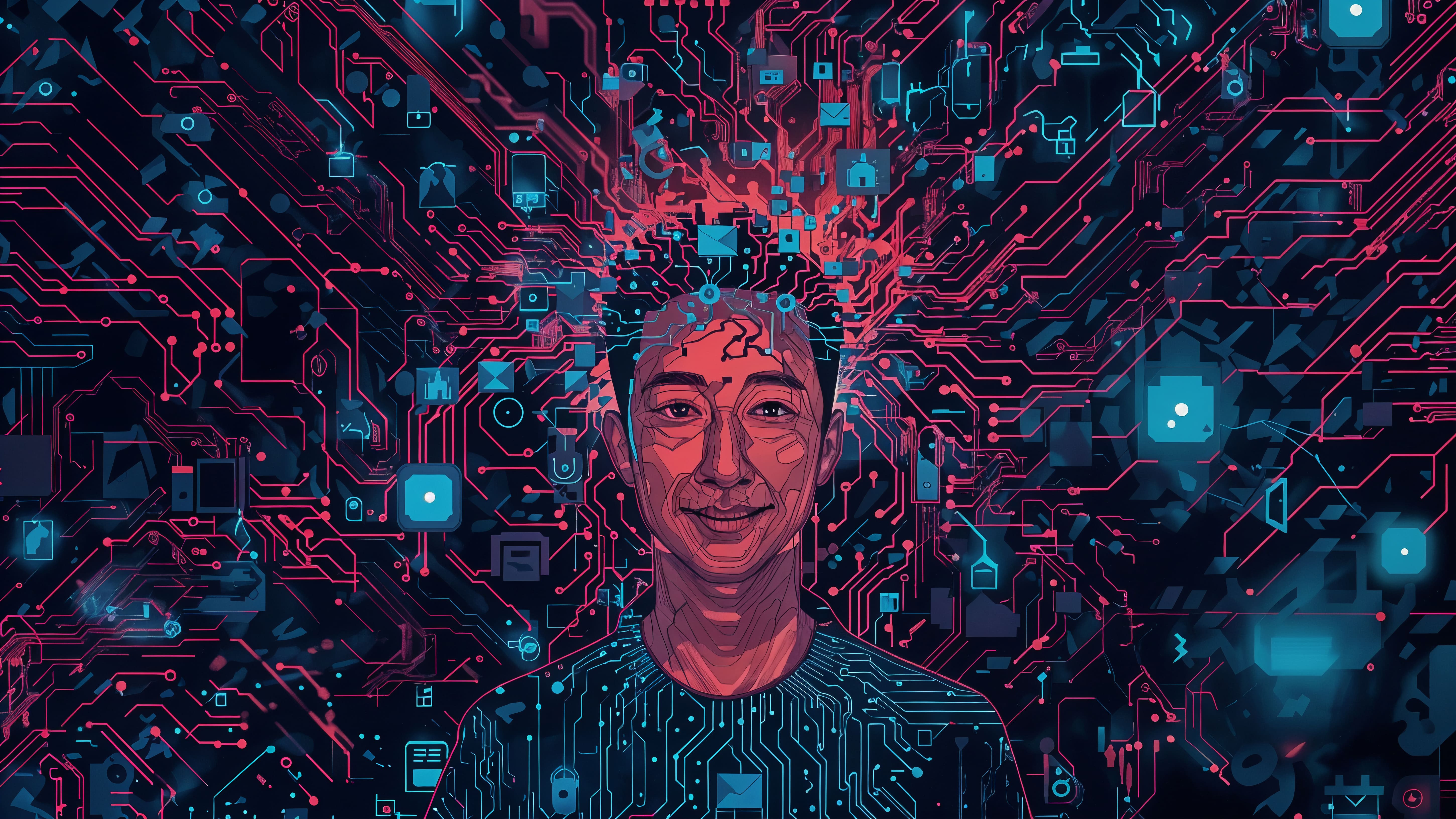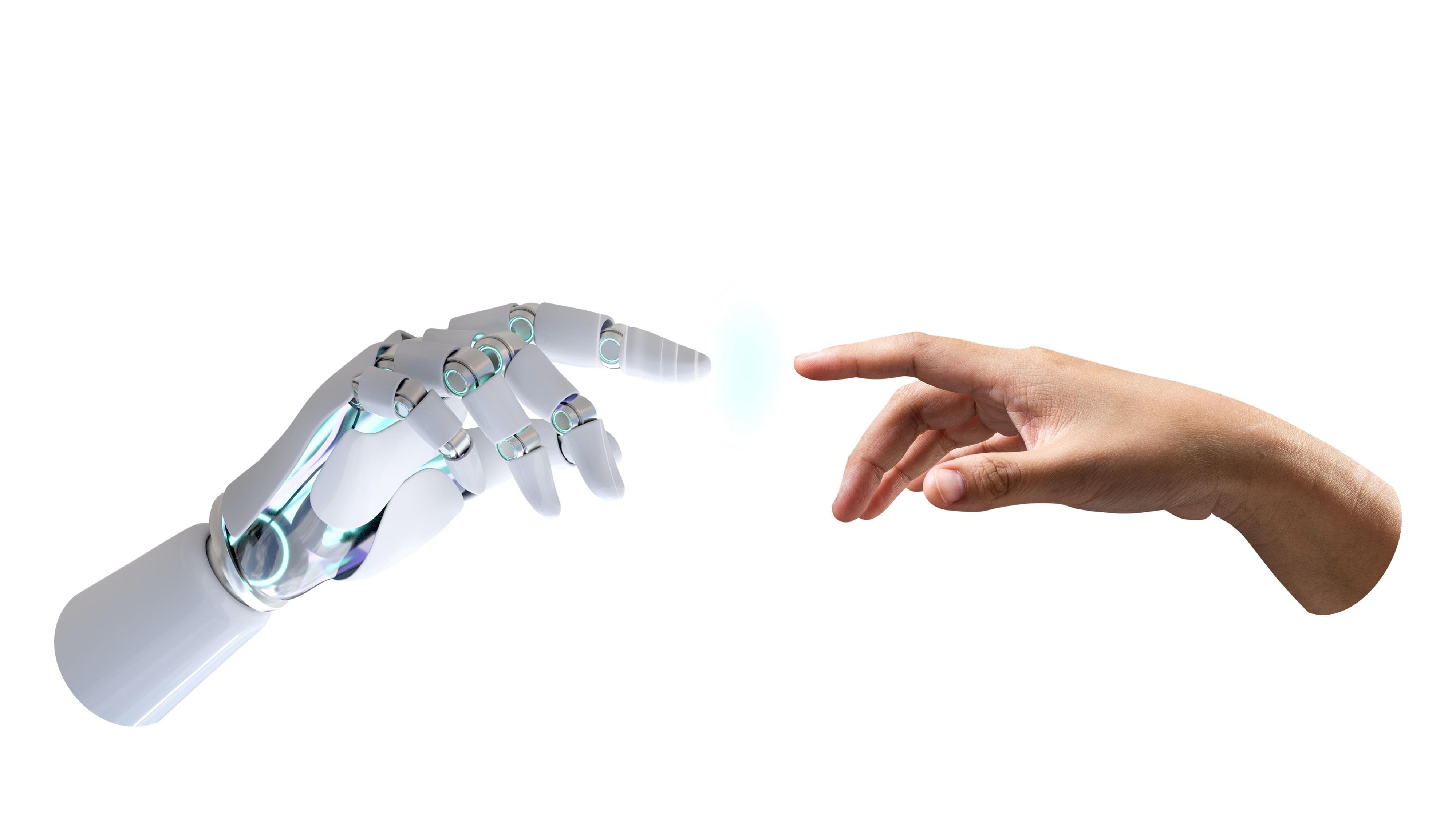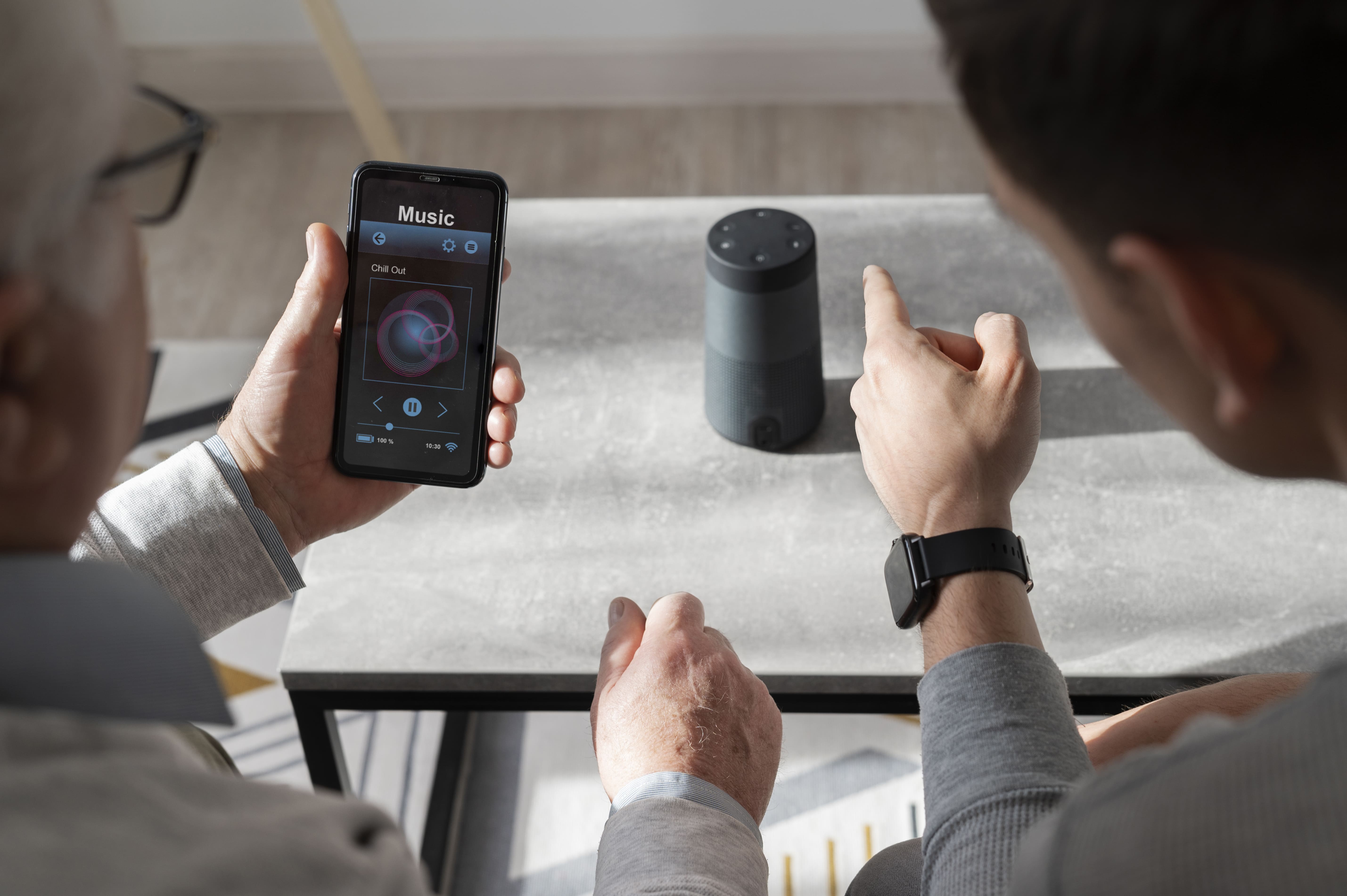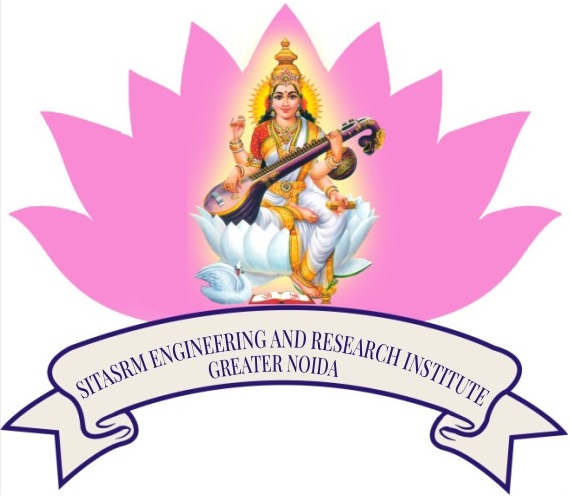 SITASRM ENGINEERING & RESEARCH INSTITUTE
SITASRM ENGINEERING & RESEARCH INSTITUTE
 SITASRM ENGINEERING
SITASRM ENGINEERING & RESEARCH INSTITUTE

SITASRM ENGINEERING & RESEARCH INSTITUTE
Menu
How ECE Engineers Are Powering the Internet of Things (IoT) Revolution

Introduction
The Internet of Things (IoT) is transforming our world. It connects everyday objects, from smart homes to industrial sensors, to the internet. This creates a vast network of interconnected devices. These devices collect and exchange data seamlessly. At the heart of this revolution are Electronics and Communication Engineering (ECE) graduates. ECE engineers are the unsung heroes building the foundation for this connected future. They bring the physical and digital worlds together.
What is the Internet of Things (IoT)?
The Internet of Things (IoT) refers to a network of physical objects embedded with sensors, software, and other technologies. These objects connect and exchange data with other devices and systems over the internet. Think about smartwatches that track your fitness or smart thermostats that learn your preferences. These are all part of the Internet of Things (IoT). It's about making devices "smart" and interconnected. This allows them to communicate and automate tasks. The Internet of Things (IoT) is growing rapidly. It impacts almost every industry.
The Foundational Role of ECE in IoT
ECE engineers are crucial for the Internet of Things (IoT) revolution. They possess the unique skill set needed to design, develop, and maintain the complex systems that power IoT devices. Their expertise spans various critical areas. These areas include hardware design, communication protocols, and embedded systems. Without ECE professionals, the Internet of Things (IoT) as we know it would not exist.
ECE and the Internet of Things (IoT) Revolution!
Imagine a world where your alarm clock talks to your coffee maker, your car warns you about traffic jams before you even leave home, and your city's infrastructure communicates to optimize everything from energy usage to waste collection. This isn't science fiction; it's the rapidly unfolding reality of the Internet of Things (IoT)! If you're a student with a knack for electronics, a curiosity about how things connect, and a desire to build the next generation of smart devices, then the field of Electronics and Communication Engineering (ECE) is your gateway to powering this incredible revolution. Here is how ECE engineers are the masterminds behind every smart gadget, every connected system, and every seamless interaction in the IoT ecosystem, covering key areas like:
Hardware Design and Development
Every IoT device starts with hardware. ECE engineers are responsible for designing the physical components. This includes sensors, microcontrollers, and actuators. These components allow devices to interact with the real world. They design efficient circuits and select appropriate electronic components. Their work ensures devices are compact, energy-efficient, and reliable. This is vital for the long-term sustainability of the Internet of Things (IoT).
Communication Protocols and Networking
Connectivity is the backbone of the Internet of Things (IoT). ECE engineers specialize in various communication technologies. This includes Wi-Fi, Bluetooth, Zigbee, and cellular networks. They develop and implement the protocols that enable devices to communicate effectively. This ensures seamless data flow between devices and cloud platforms. Their expertise in wireless communication is particularly important for the widespread adoption of the Internet of Things (IoT). They ensure data is transmitted securely and efficiently.
Embedded Systems and Firmware
Embedded systems are specialized computer systems designed for specific functions within a larger mechanical or electrical system. In IoT, ECE engineers write the firmware that brings hardware to life. Firmware is the low-level software that controls the device's basic functions. They program microcontrollers to process sensor data, manage power, and communicate with other devices. This deep understanding of embedded systems allows for optimized performance and functionality in IoT devices.
Signal Processing and Data Acquisition
IoT devices generate vast amounts of data. ECE engineers are experts in signal processing. They design systems to acquire, filter, and analyze data from sensors. This ensures that the data collected is accurate and meaningful. Their skills in converting analog signals to digital data are fundamental. This process allows for effective data transmission and analysis within the Internet of Things (IoT ecosystem).
Power Management and Efficiency
Many IoT devices are battery-powered and need to operate for extended periods. ECE engineers focus on designing power-efficient systems. They optimize power consumption at every level, from component selection to circuit design. This is critical for the practical deployment of IoT devices in remote or hard-to-reach locations. Their work ensures the longevity and sustainability of the Internet of Things (IoT).
Security in IoT
As more devices connect to the Internet of Things (IoT), security becomes paramount. ECE engineers contribute to designing secure hardware and communication channels. They implement encryption techniques and secure boot mechanisms. This protects IoT devices from cyber threats and data breaches. Their role in building a secure Internet of Things (IoT) ecosystem is increasingly vital.
The Future of ECE in IoT
The Internet of Things (IoT) is still evolving. ECE engineers will continue to be at the forefront of its development. They will innovate in areas like 5G and beyond, edge computing, and artificial intelligence integration. Their ability to bridge the gap between hardware and software makes them indispensable. The demand for skilled ECE professionals in the Internet of Things (IoT) sector will only grow. They are truly powering the Internet of Things (IoT) revolution.
SITASRM Engineering and Research Institute (SERI), as an institution focused on engineering and research, likely offers programs that equip students with the skills necessary for the Internet of Things (IoT) field, potentially including Computer Science and Engineering (CSE), Electronics and Communication Engineering (ECE), and CSE (AI/ML). These programs would provide a strong foundation for a career in this exciting and rapidly expanding domain.






